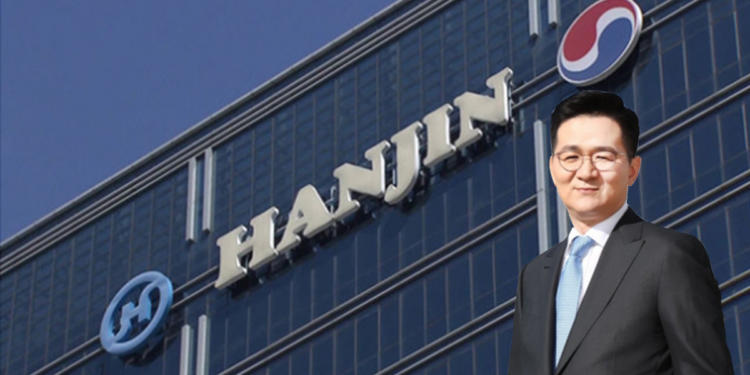Hanjin Group Chairman Cho Won-tae retained his position as the executive director of Hanjin KAL, the company of Hanjin Group, that owns Korean Air. The incumbent chairman defended his board seat amid months-long feud with his sister Cho Hyun-ah over the management control.
According to Hanjin KAL, Cho Won-tae garnered 56.67 percent approval during the holding firm’s shareholder’s meeting held at the company’s headquarters in Seoul on Friday. 43.47 voted against him, holding the post.
The stock price of Hanjin KAL closed at its daily limit of 30 percent on Friday at 57,200 won ($47.23).
Along with Cho’s reelection, the group saw management stability finally return amid the coronavirus outbreak crippling the airline business.
The Hanjin KAL board approved all five outside candidates, including former Financial Services Commission chief Kim Seok-dong. Meanwhile, all four candidates proposed by the opposition failed from gaining majority approval.
Also coming from the current chairman’s side, the shareholders elected executive director candidate Ha Eun-yong.
The shareholders agreed to modify Korean Air’s standing rule to allow earning 50 percent approval for the appointment of the executive director.
Industry experts believe that the change would make it easier for the reelection of Cho Won-tae as next year’s Korean Air executive.
Cho Hyun-ah, before the meeting, called for the need to replace the leadership to enhance the conglomerate’s financial status and shareholder values. Mid-sized builder Bando Engineering & Construction, and local activist fund Korea Corporate Governance Improvement (KCGI) backed the former Korean Air Vice President.
On Thursday, the National Pension Service (NPS), a state pension fund with a 2.9 percent stake in Hanjin KAL, announced its decision to vote for the reappointment of the group’s incumbent chairman as an executive director.
The Seoul Central District Court issued on Tuesday a ruling against the anti-chairman coalition, which reduced the alliance’s shares eligible for voting rights. The reduction weighed in favor of the chairman after the construction firm’s voting rights went from 8.2 percent to 5 percent.
Industry experts expect the feud between the siblings over the group’s control to last even after the shareholders’ meeting because the anti-chairman coalition seems prepared for a long fight by buying more shares.







